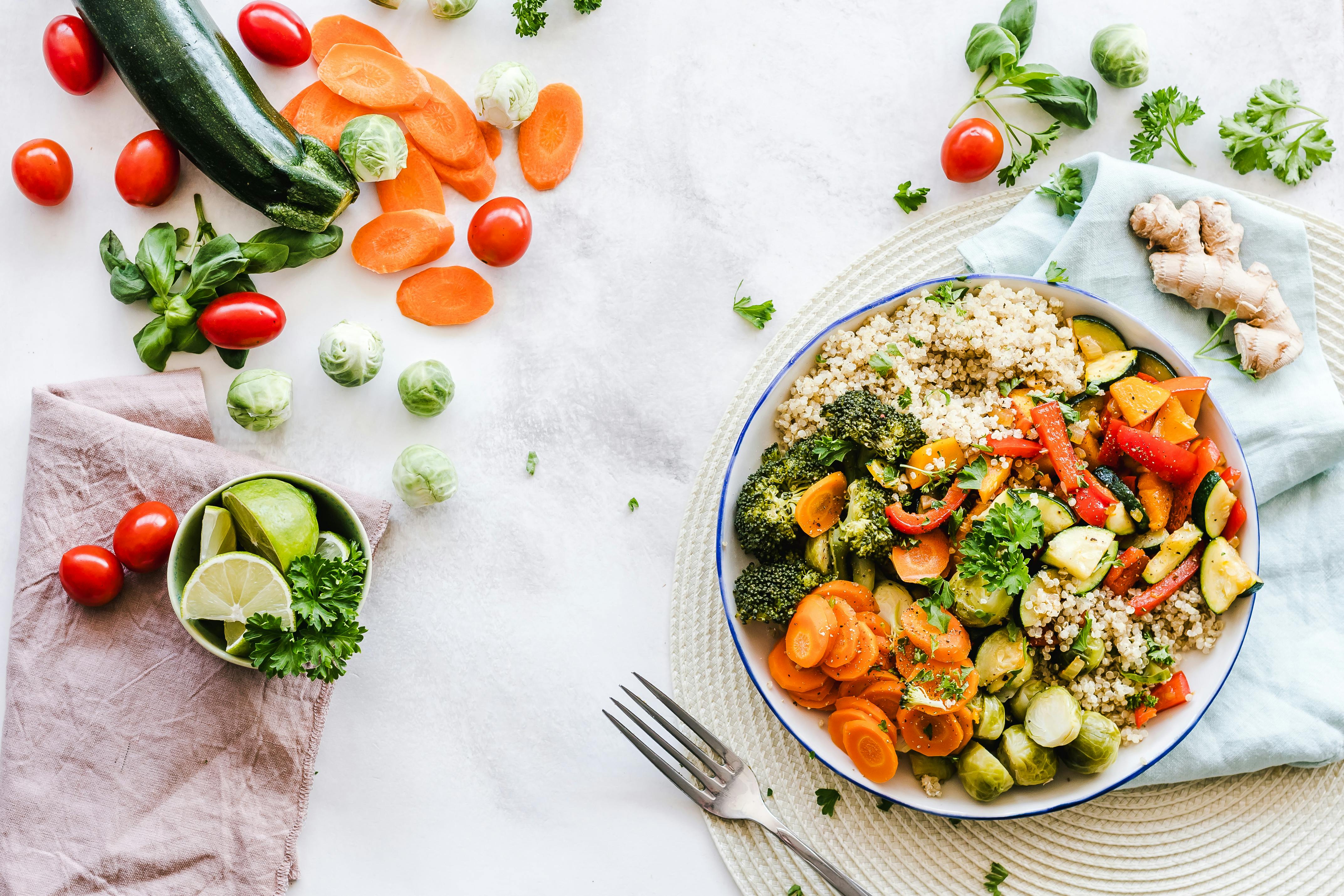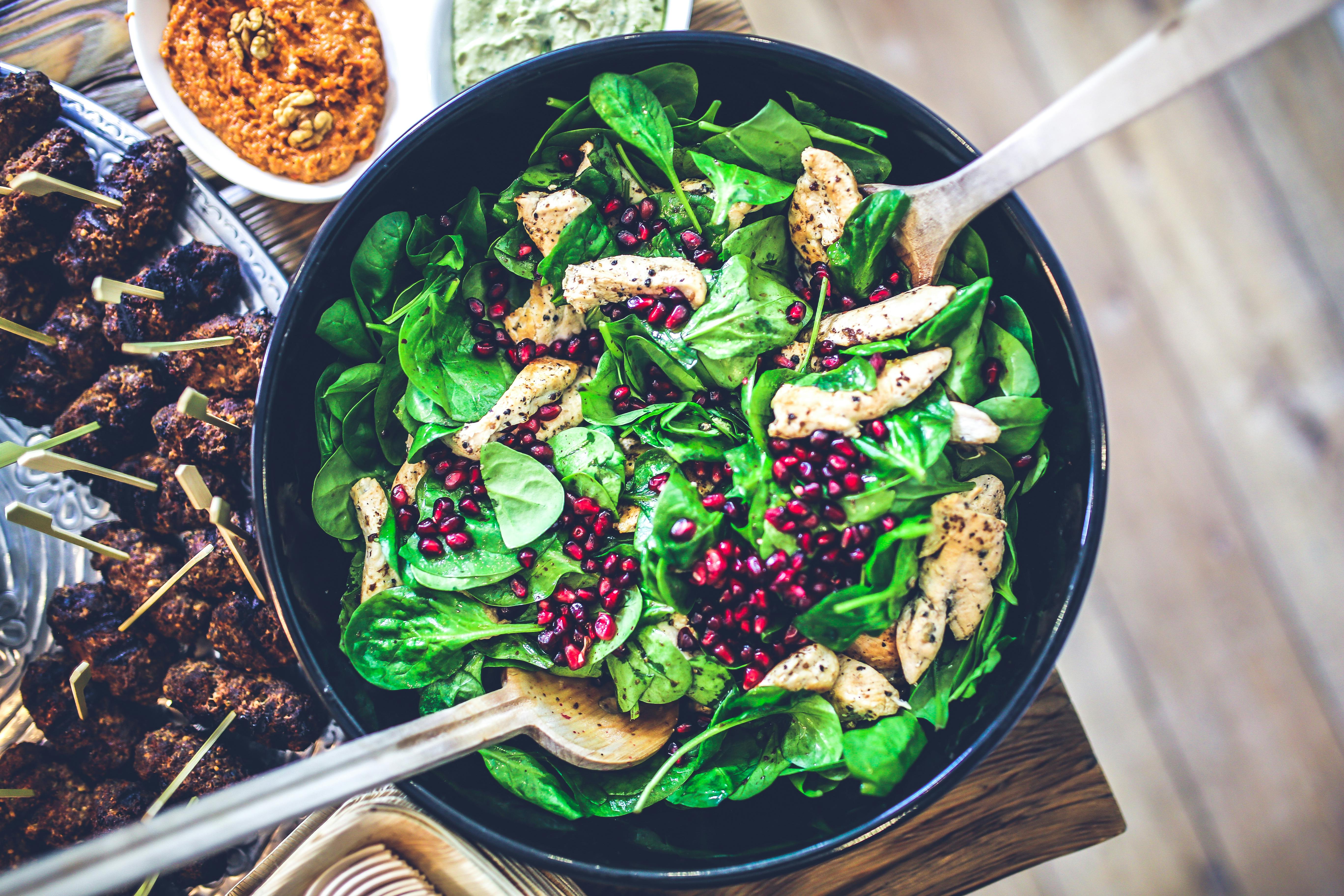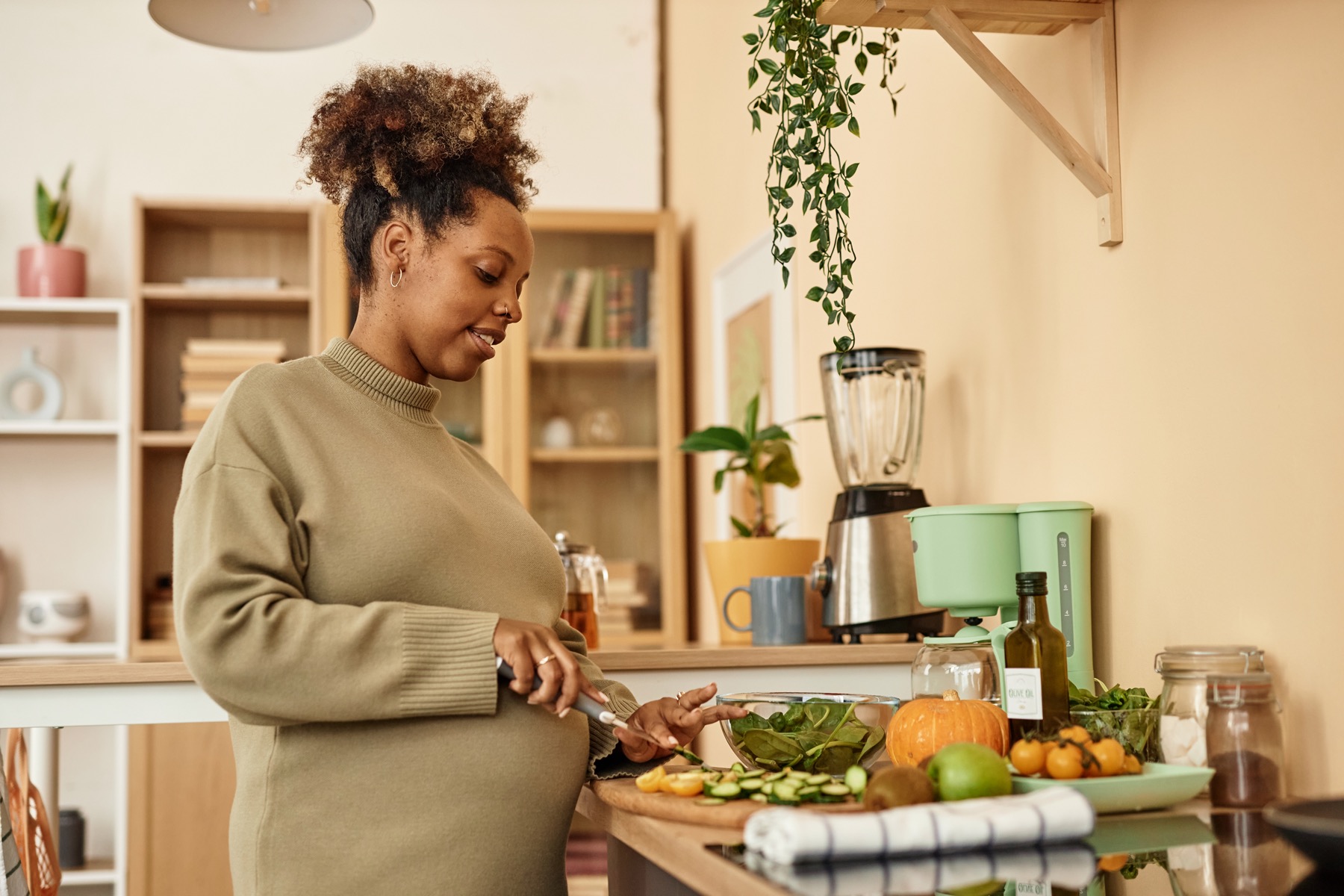Introduction
Pregnancy is a time of remarkable change and growth. Every bite you take fuels both your own wellbeing and your baby’s development. A thoughtfully balanced meal plan can take the guesswork out of daily nutrition, ensuring you hit the right mix of protein, healthy fats, complex carbs, vitamins and minerals without feeling overwhelmed.
This weeklong meal plan is designed to simplify shopping and cooking, offering easy recipes and snack ideas that cover all essential nutrients. Whether you’re a busy working mom or tackling your third trimester at home, these menus will help you nourish both bodies—keeping energy levels stable and cravings in check.
Why Balanced Nutrition Matters in Pregnancy
During pregnancy your body needs more calories—but it’s quality over quantity that truly counts. Empty calories from sugary snacks or highly processed foods can leave you fatigued and deprive your baby of critical building blocks for bones, organs and brain development.
A balanced pregnancy meal plan provides sustained energy, supports healthy weight gain, stabilizes blood sugar and reduces common discomforts like nausea and constipation. When you focus on nutrient dense whole foods you also promote better mood regulation and stronger immunity.
Studies show that adequate intake of key vitamins and minerals such as folate, iron and calcium during pregnancy can lower risk of birth defects, anemia and preterm labor. By following a structured menu, you can avoid dangerous nutrient gaps and ensure your baby has everything needed for optimal growth.
Beyond nutrients a healthy meal routine establishes lifelong habits. Many moms find that planning ahead reduces stress, prevents overeating and nurtures overall family wellness long after baby arrives. Think of this plan as an investment in both your present comfort and your child’s future health.
Key Nutrient Essentials
Macronutrients: Protein Carbs and Healthy Fats
Protein supports baby’s cell growth and helps you maintain lean muscle mass. Aim for 70–100 grams per day by including poultry, fish, lean beef, eggs, dairy or plant based sources like beans and tofu.
Complex carbohydrates from whole grains, legumes and vegetables provide fiber for digestive health and a steady stream of energy. They also help stabilize blood sugar, reducing fatigue and sugar crashes.
Healthy fats—especially omega 3 fatty acids from oily fish, walnuts and flaxseeds—are crucial for baby’s brain development. Incorporate sources such as salmon, chia pudding or avocado slices throughout the week.

Micronutrients: Vitamins and Minerals
Folate is critical in early pregnancy for preventing neural tube defects. Leafy greens, fortified cereals and legumes should feature daily. Aim for 600 mcg per day.
Iron supports blood volume expansion. To avoid anemia, include red meat, poultry or iron fortified grains alongside vitamin C rich fruits to boost absorption. Target 27 mg daily.
Calcium builds strong bones and teeth. Dairy products, fortified plant milks, tofu and dark green vegetables can help you meet the 1000 mg daily recommendation without supplements.
Meal Prep Tips for Busy Expecting Moms
1. Batch cook grains and proteins. On Sunday roast chicken, cook a pot of quinoa and boil eggs. Store in airtight containers for quick assembly of salads, bowls and snacks.
2. Prewash and chop veggies. Keep carrot sticks, bell pepper strips and cucumber rounds ready to pair with hummus or cottage cheese for instant fiber rich snacks.
3. Freeze individual portions. Soups, stews and smoothies freeze beautifully. Portion into containers or freezer bags for microwave friendly lunches on the go.
4. Use simple seasonings. Lemon juice, fresh herbs and a drizzle of olive oil go a long way in transforming basic ingredients into flavorful meals without added salt.
7 Day Meal Plan Overview
Below you’ll find detailed menus for breakfast lunch dinner and two snacks each day. Feel free to swap meals between days or adjust portion sizes based on your hunger levels and activity.
Day 1
Breakfast: Greek yogurt parfait with berries granola and chia seeds. Rich in protein calcium and omega 3.
Snack 1: Apple slices with almond butter for fiber and healthy fats.
Lunch: Quinoa salad with roasted chickpeas cucumber tomatoes feta and olive oil dressing. Provides plant based protein and complex carbs.
Snack 2: Hard boiled egg and a handful of baby carrots.
Dinner: Baked salmon with lemon steamed broccoli and brown rice. High in omega 3 iron and fiber.
Day 2
Breakfast: Spinach mushroom omelet with whole wheat toast. Folate iron and protein rich to start your day strong.
Snack 1: Cottage cheese with pineapple chunks.
Lunch: Turkey avocado wrap in a whole grain tortilla with mixed greens.
Snack 2: Trail mix with nuts seeds and dried fruit.
Dinner: Beef and vegetable stir fry over soba noodles. Packed with iron vitamin C and complex carbs.

Shopping List and Pantry Staples
Building your pantry with whole grains legumes nuts seeds lean proteins and a variety of fresh produce sets you up for success. Stock up on brown rice quinoa whole wheat pasta oats canned beans olive oil and low sodium broths.
Fresh fruits and vegetables—berries apples bananas oranges leafy greens broccoli bell peppers tomatoes carrots—should feature prominently on your list. Frozen fruits and vegetables are also a convenient backup for smoothies and stir fries.
Don’t forget dairy or fortified plant based milks yogurt cheese eggs and lean meats or plant proteins. Having these on hand makes it simple to meet protein calcium and iron targets.
Herbs spices vinegars nuts seeds nut butters and whole grain wraps or tortillas round out your staples for quick flavor boosts and versatile meal combos.
Frequently Asked Questions
Can I swap ingredients based on allergies?
Absolutely. If you have a dairy allergy swap cow’s milk yogurt and cheese for fortified soy almond or oat alternatives. For nut allergies use seed butters like sunflower or pumpkin seed butter in place of almond butter.
What if I’m vegetarian or vegan?
Plant based moms can hit protein goals with tofu tempeh lentils beans chickpeas edamame nuts and seeds. Incorporate a vegan daily multivitamin with B12 and extra iron if needed, and consider an algae based omega 3 supplement.
How much water should I drink?
Aim for at least 8 to 10 cups of water daily. Staying hydrated aids digestion circulation and helps prevent common issues like constipation and swelling.
When should I talk to my provider?
If you experience severe nausea vomiting or signs of dehydration, reach out to your healthcare provider. For any major dietary changes—especially if you have gestational diabetes or other conditions—consult before starting new meal plans.
Conclusion and Next Steps
A balanced pregnancy meal plan can transform how you feel day to day, providing confidence that you and your baby are getting the nutrients needed for healthy growth. With simple batch cooking tips and this detailed seven day schedule you’ll spend less time stressing about meals and more time savoring each trimester.
Ready to take the next step? Comment below with your favorite pregnancy friendly recipe or share this plan with a friend who’s expecting. For more expert tips and personalized coaching visit our blog or connect on social media.



